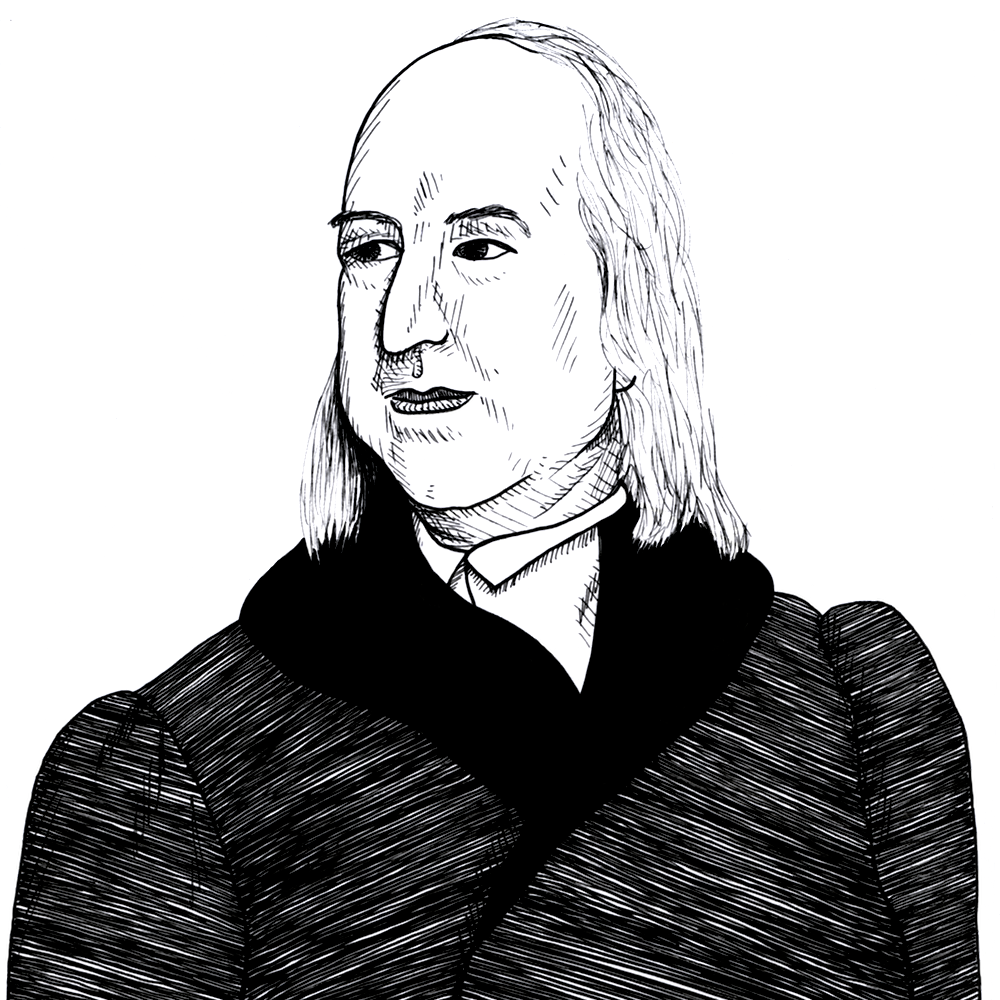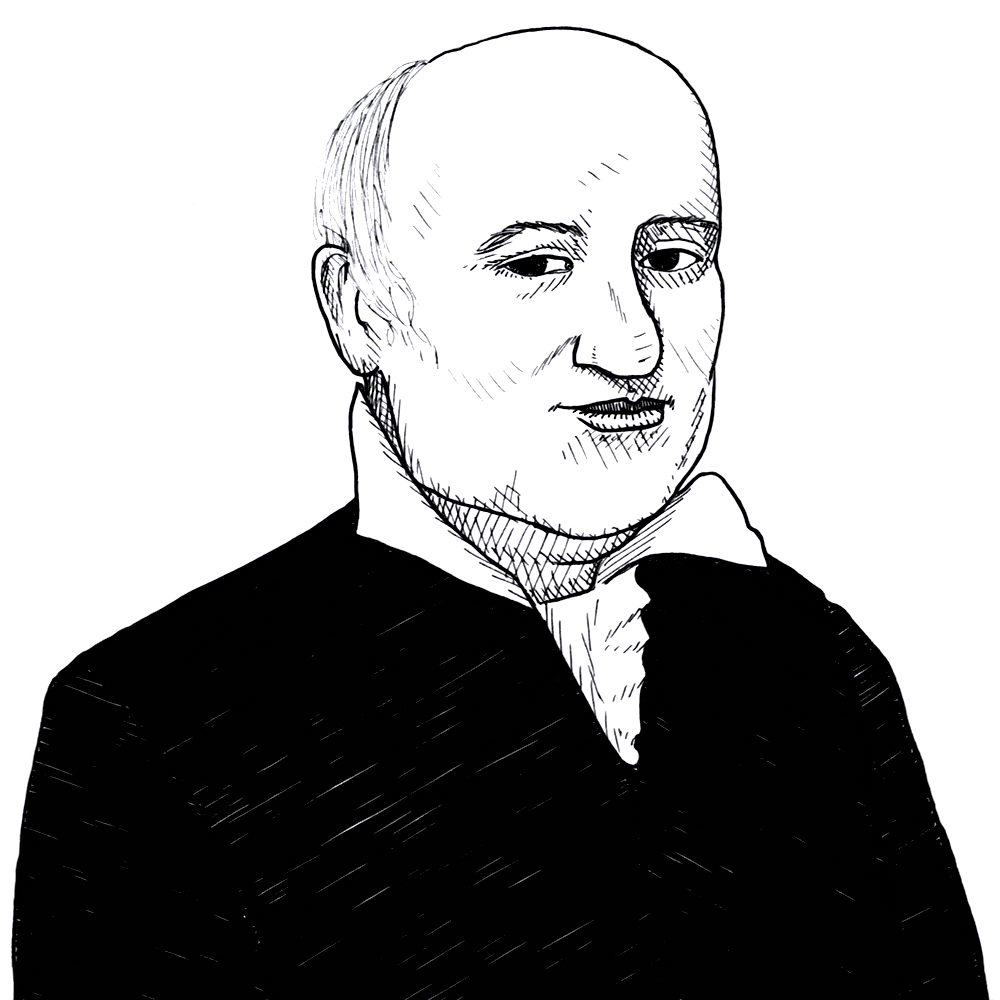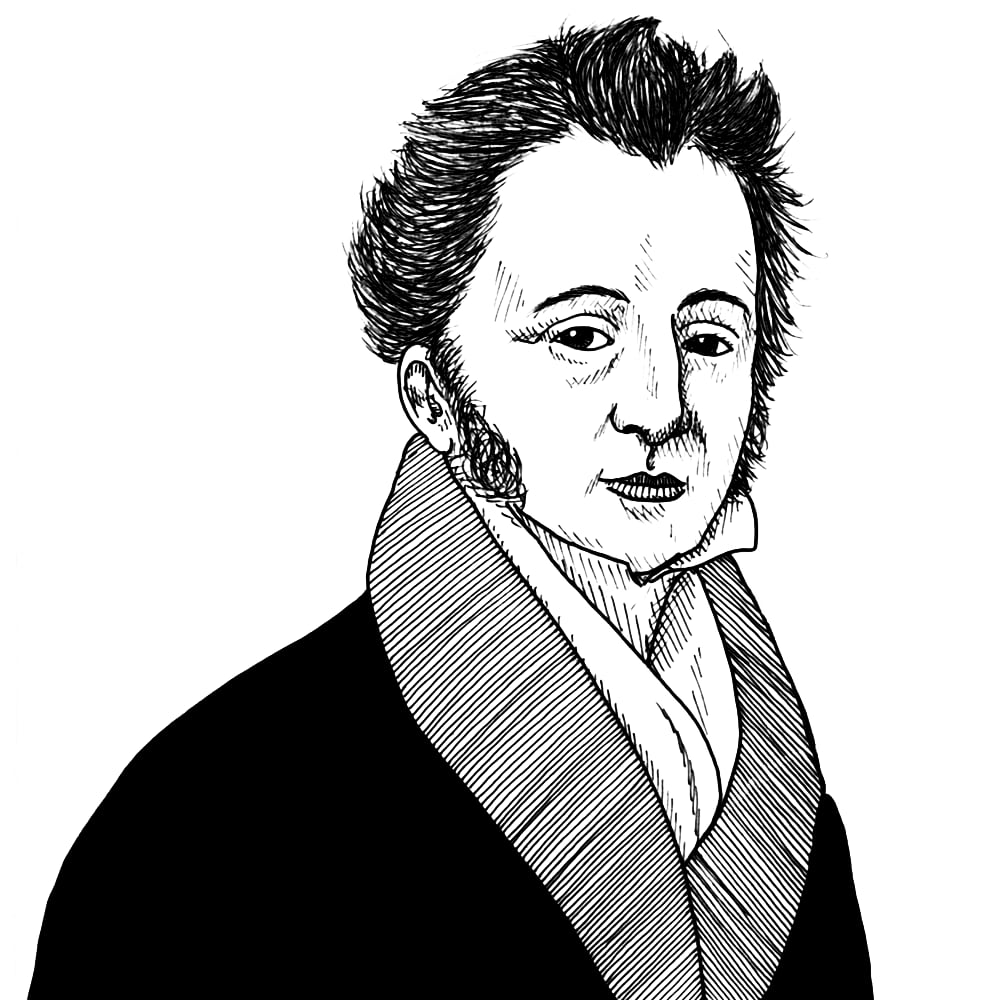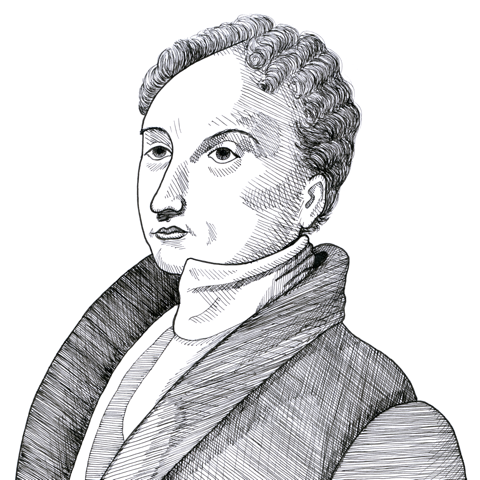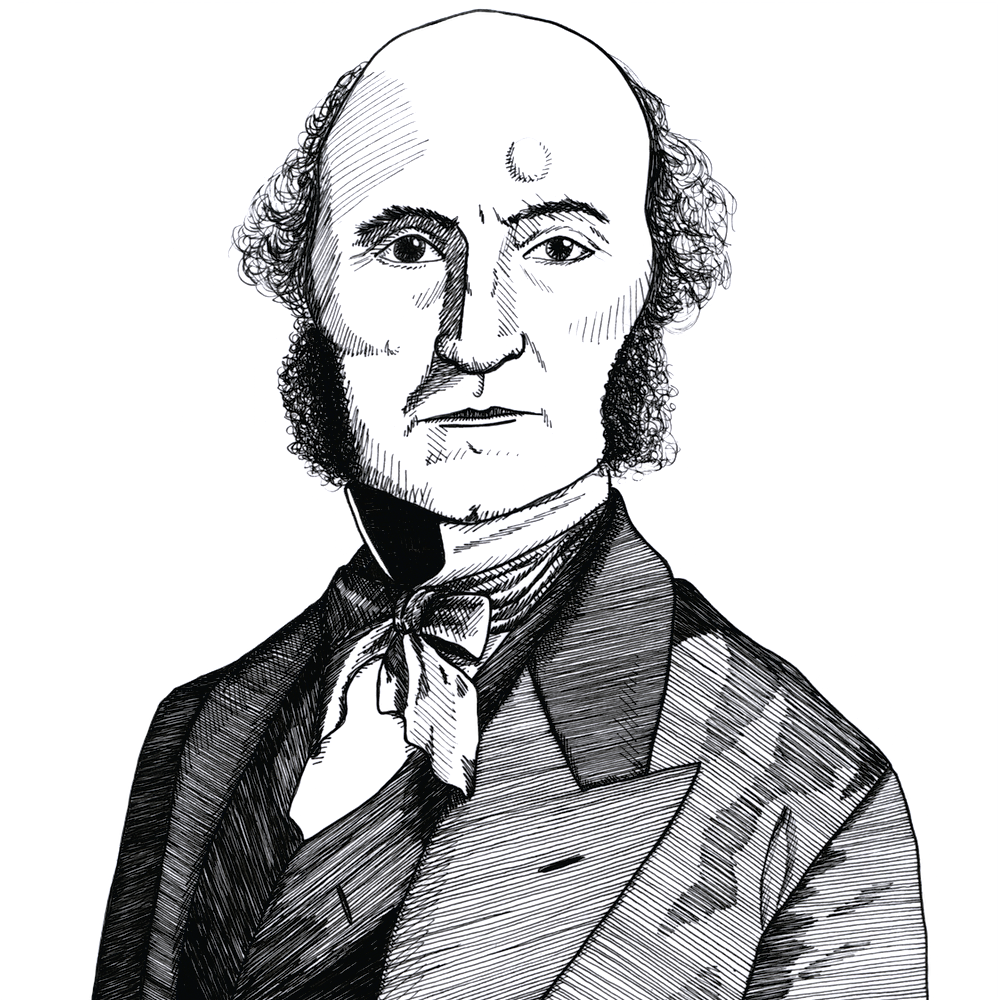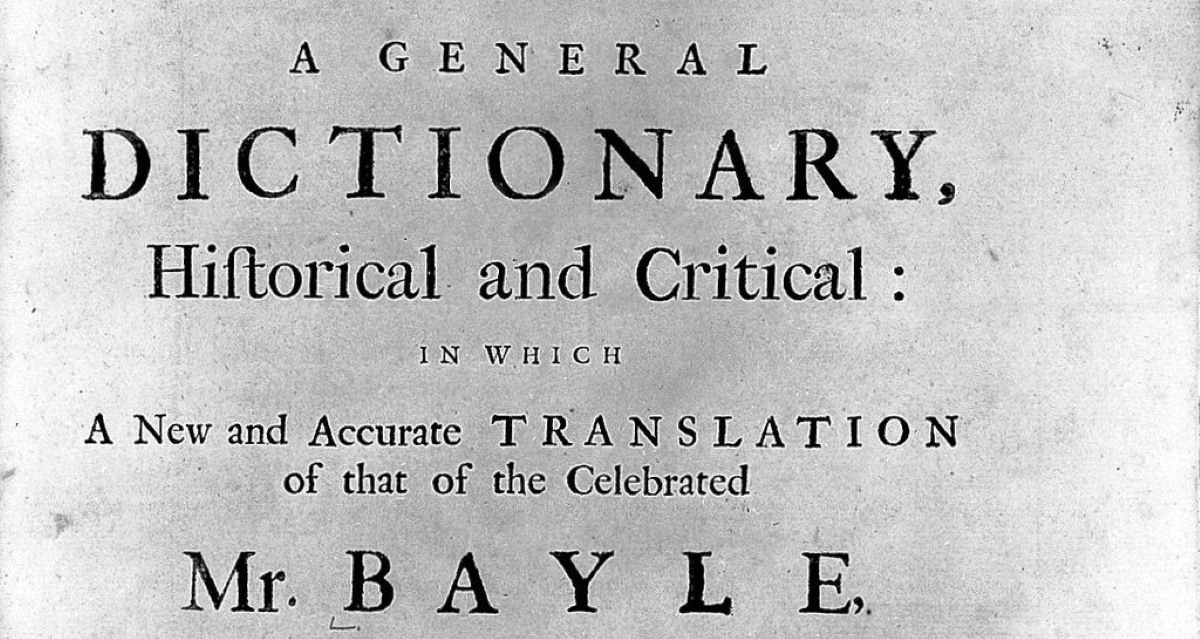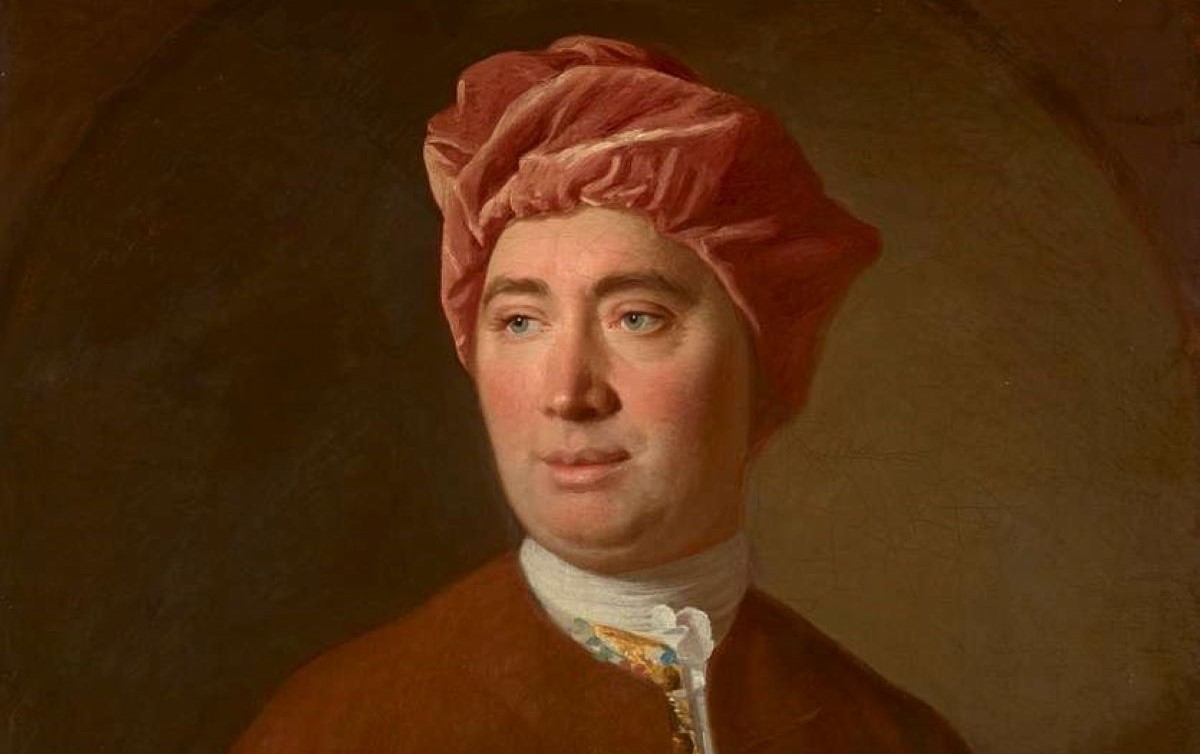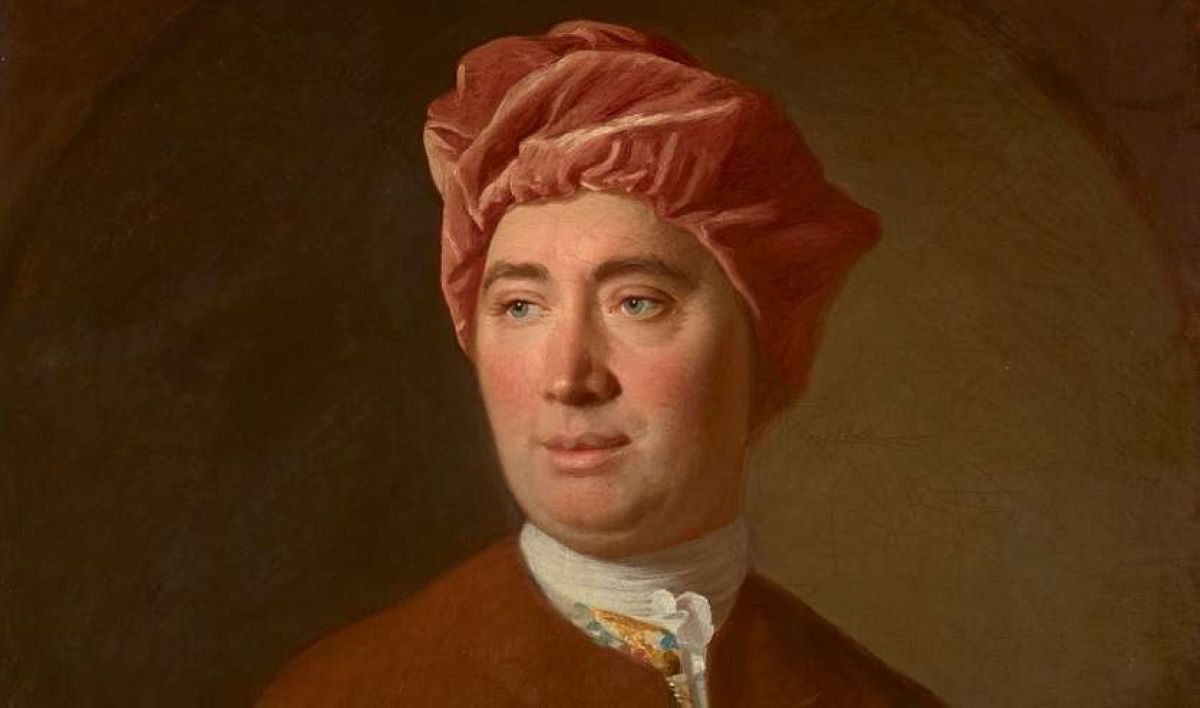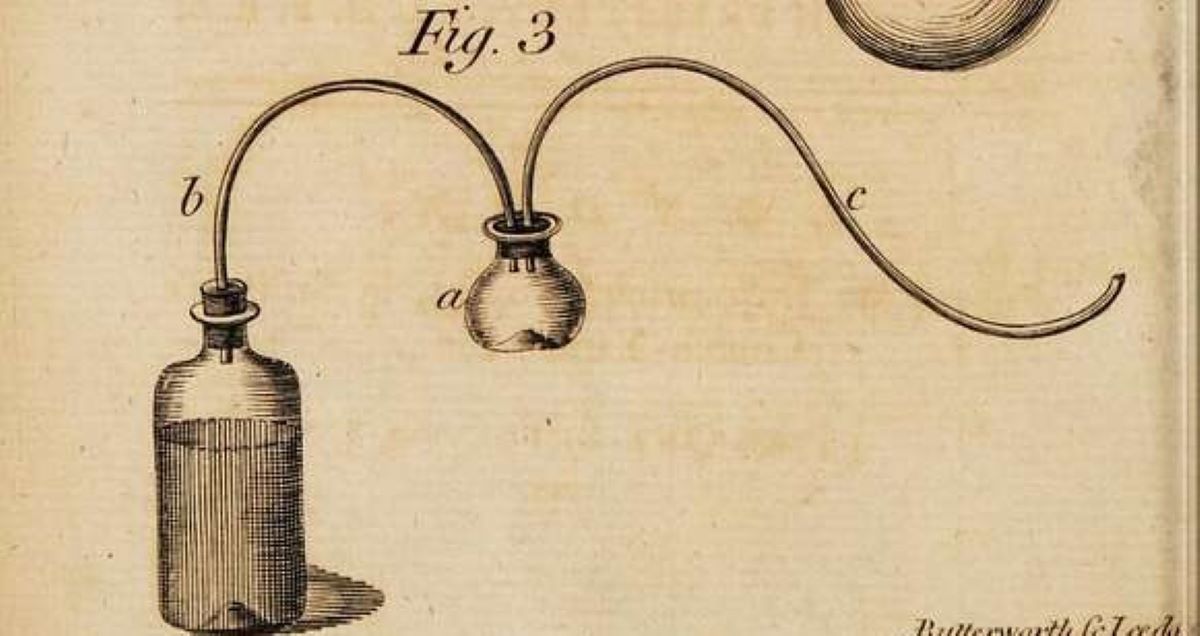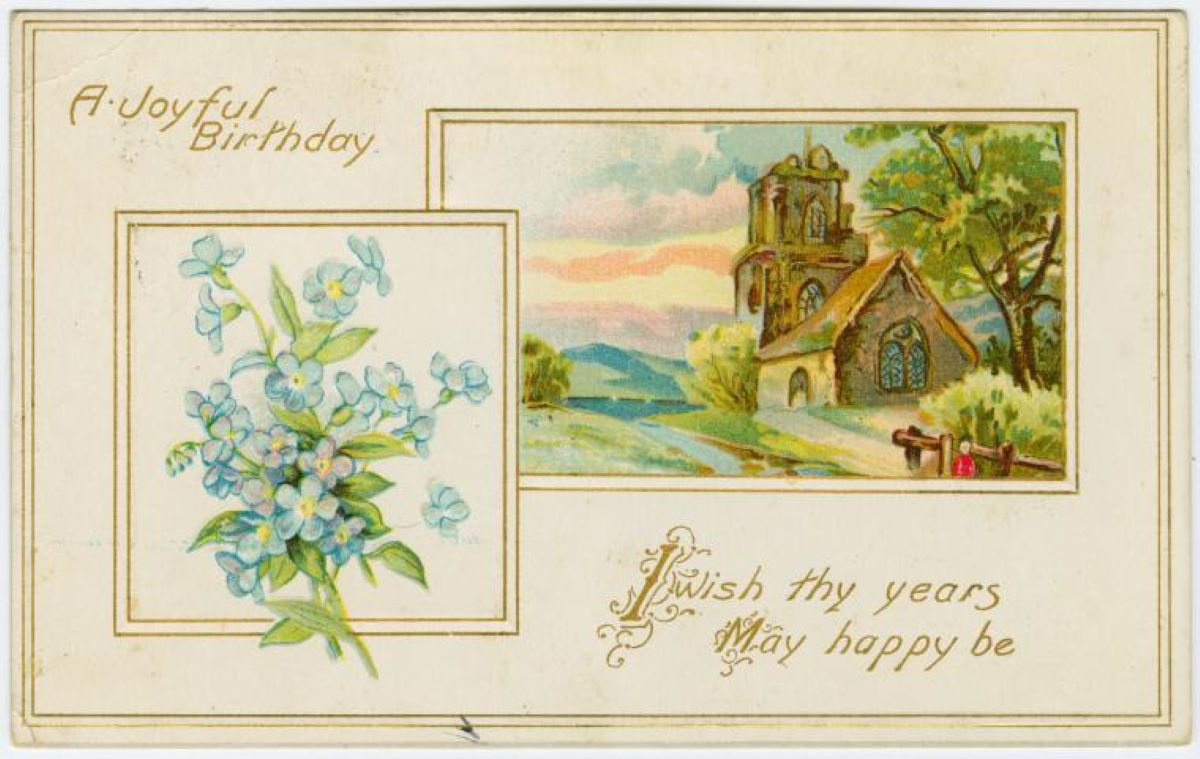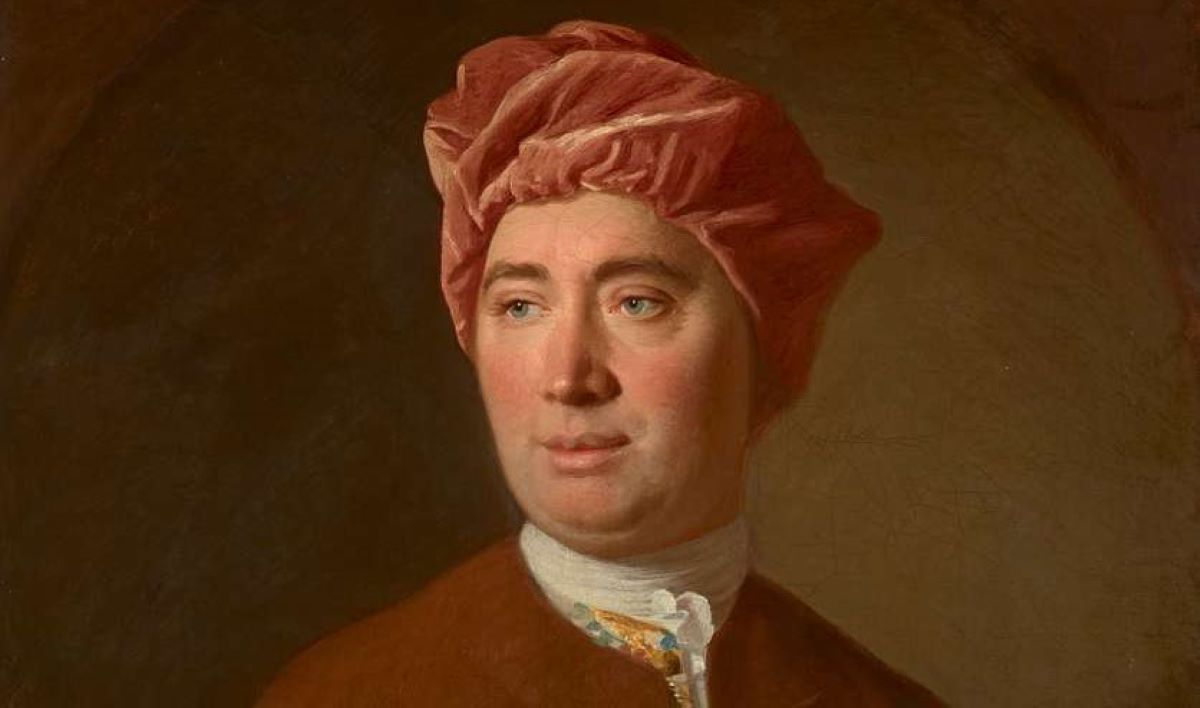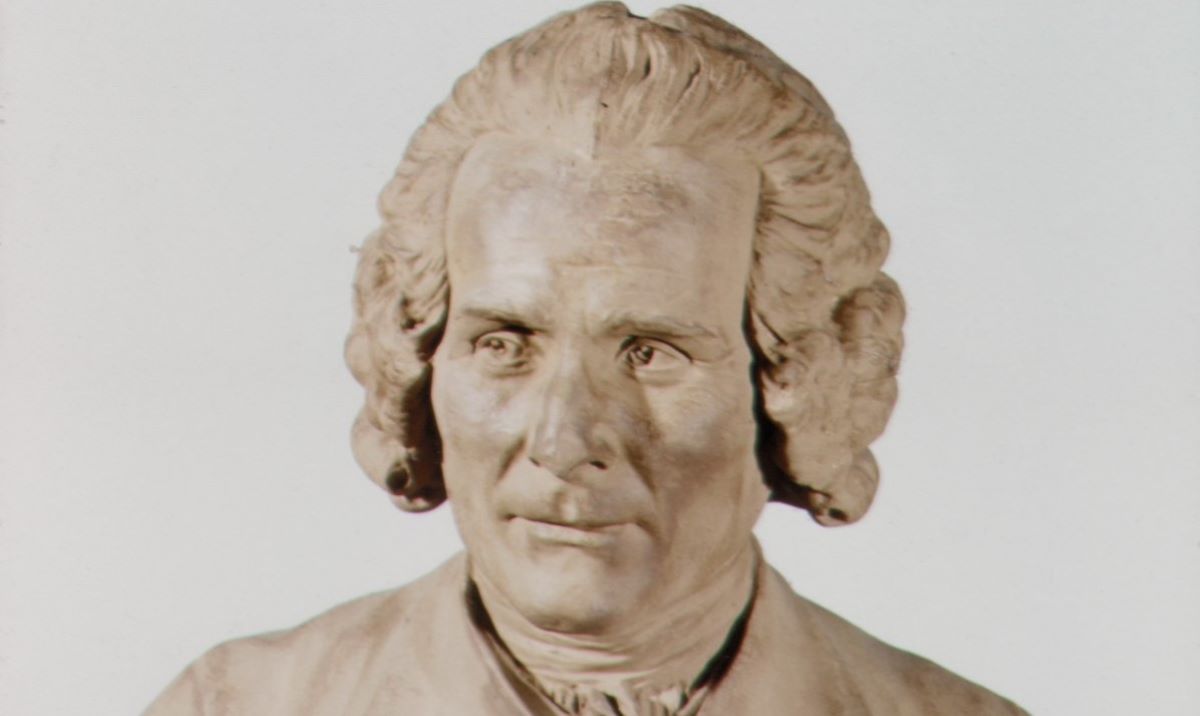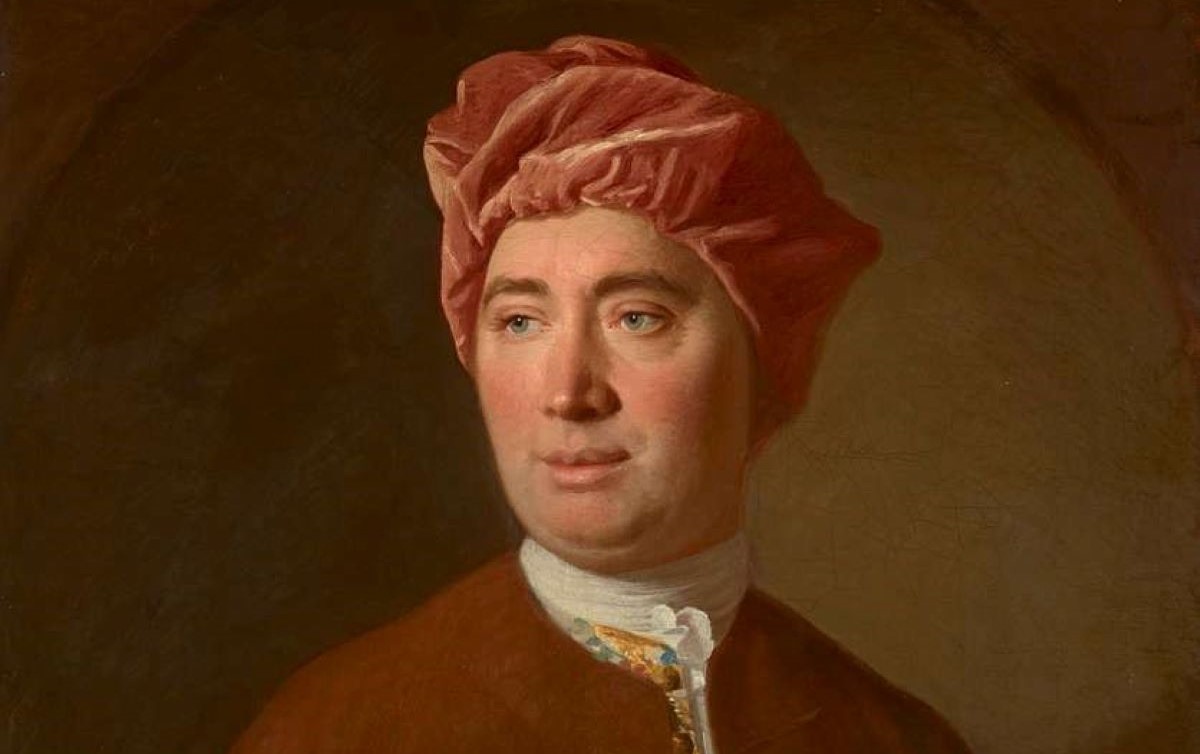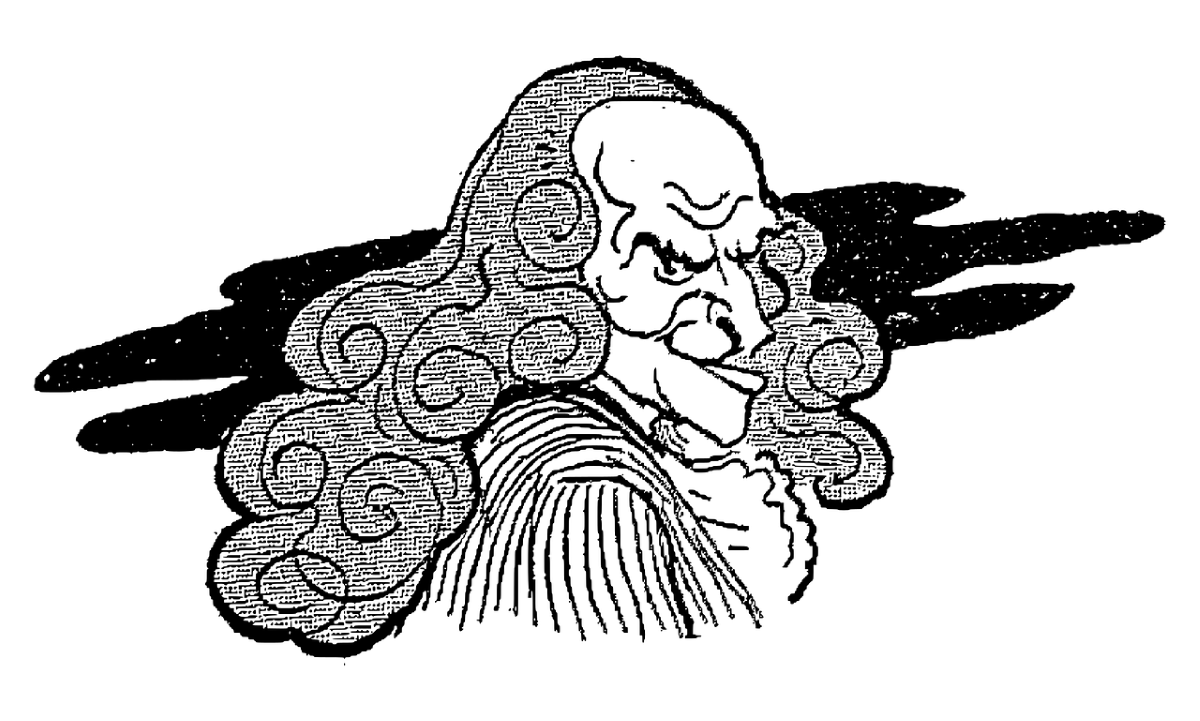Philosophical Radicals
About this Collection
The Philosophical Radicals were a group of British reformers in the early and mid-19th century who were inspired by the ideas of Jeremy Bentham. Their group included James Mill, Francis Place, George Grote, John Stuart Mill, and William Molesworth. Some of them entered Parliament to lobby for legislative reforms. Their main journal was the *Westminster Review".
Key People
Titles & Essays
THE READING ROOM
THE READING ROOM
THE READING ROOM
THE READING ROOM
THE READING ROOM
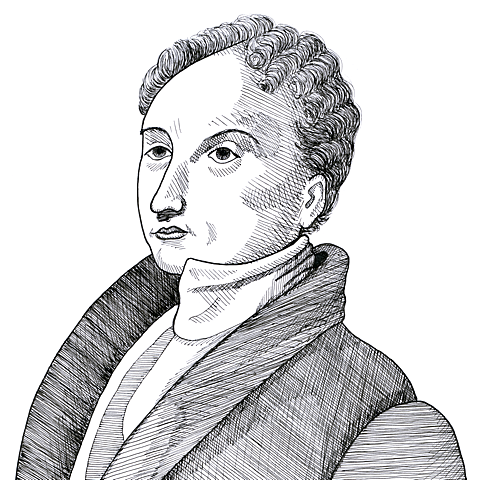

THE READING ROOM
THE READING ROOM
THE READING ROOM
THE READING ROOM
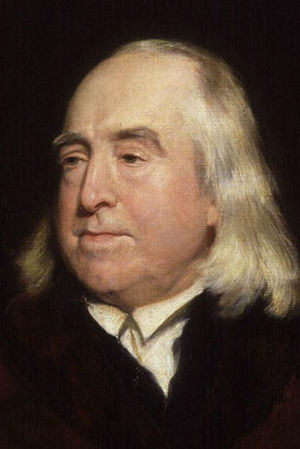
Loading...
Quotes
Politics & Liberty
Socrates as the “gadfly” of the state (4thC BC)
